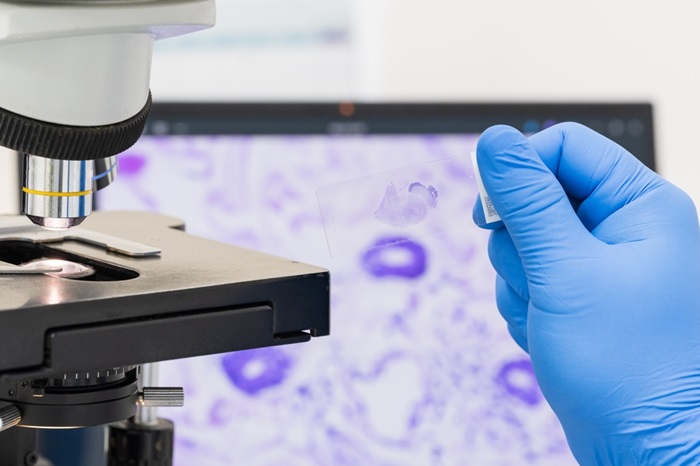AI Method Measures Cancer Severity Using Pathology Reports
Posted on 27 Nov 2024
Researchers often rely on tumor registries, which are databases managed by hospitals and government agencies, to screen cancer patients for clinical trials. These registries require specialized staff to manually assess a patient’s cancer stage by reviewing various documents, including laboratory reports and clinicians’ notes. This process can be time-consuming, and by the time the patient’s information is added to the registry, months may have passed, potentially missing the opportunity for the patient to participate in clinical trials or receive other treatments. Now, researchers have developed and successfully tested an artificial intelligence (AI) method that can significantly reduce this delay, enhancing the pace of research and broadening patient access to clinical trials.
The AI method, developed by a group of investigators led by Cedars-Sinai (Los Angeles, CA, USA), uses pathology reports to automatically classify patients by the severity of their cancers, potentially speeding up the clinical trial selection process. This breakthrough, outlined in the peer-reviewed journal Nature Communications, not only has the potential to streamline the launch of cancer clinical trials but also represents a significant expansion of AI’s role in healthcare. The development of this AI model was made possible by previous research that overcame technical challenges in extracting and analyzing pathologists’ notes from electronic health records. The AI model can quickly determine the cancer stage by interpreting a specific component of the patient's electronic health record: the pathology report, which details the findings from pathologists’ examination of tissue samples. In tests with thousands of patient records, the researchers confirmed that their AI model effectively staged patients’ cancers.

The method is based on a transformer AI model, which mimics the complex decision-making abilities of the human brain. To develop the model, the researchers first trained it using publicly available pathology reports from The Cancer Genome Atlas, a government database containing data from nearly 7,000 patients across 23 types of cancers. To test its versatility, the model was then applied to nearly 8,000 pathology reports from a single medical center. The results, measured using a standard AI evaluation statistic, showed that the model performed with high accuracy. In addition to screening patients for clinical trials based on their cancer stages, the AI model can also automate the classification of patients for observational studies, retrospective data analysis, and treatment planning. The researchers have made their AI model, named BB-TEN (Big Bird – TNM staging Extracted from Notes), available to other institutions for academic and certain other uses.
“By speeding up the selection of candidates for cancer clinical trials, this innovative AI model shows promise for accelerating the development of relevant treatments and making them available to more patients,” said Jason Moore, PhD, chair of the Department of Computational Biomedicine at Cedars-Sinai.










 (3) (1).png)


